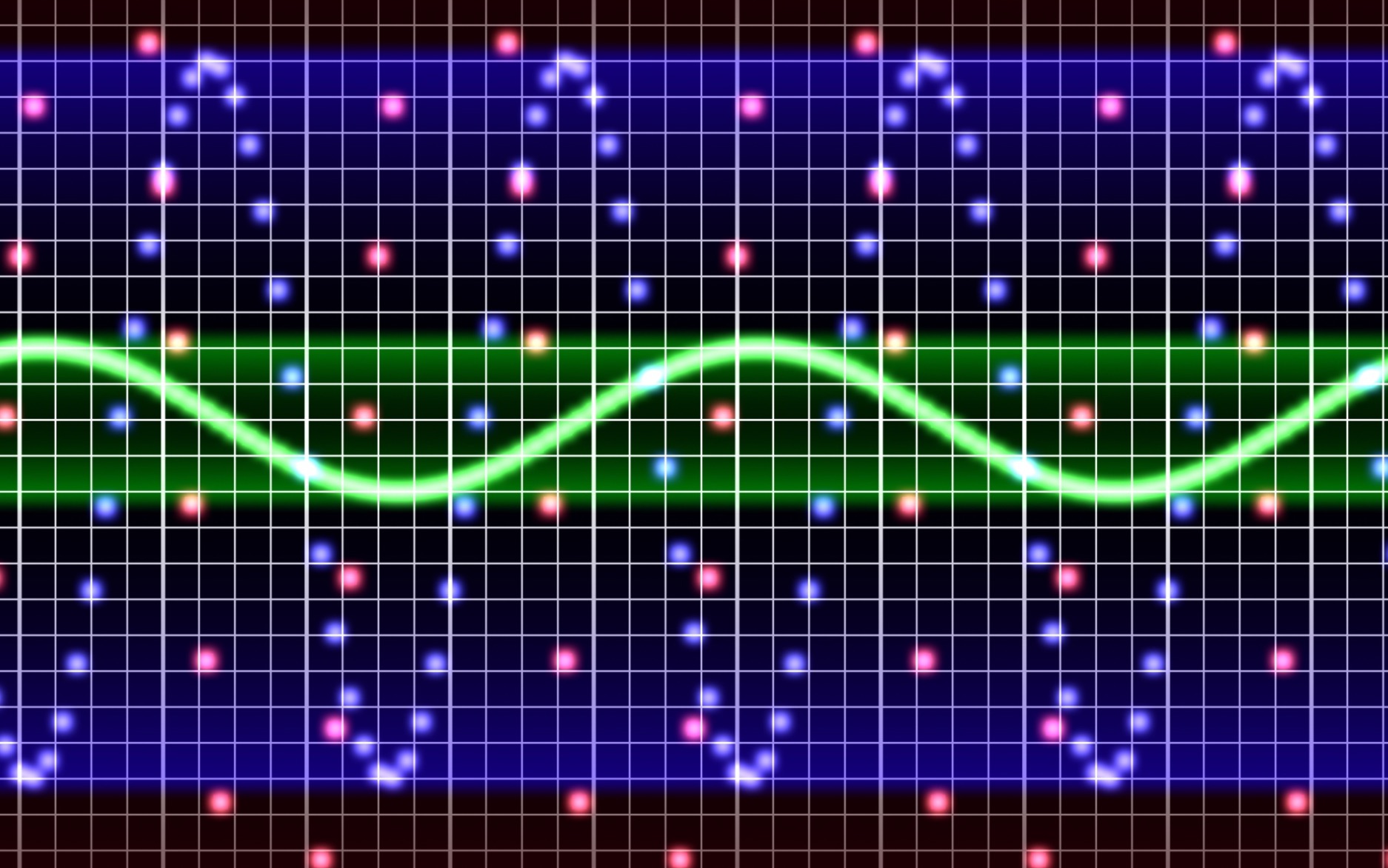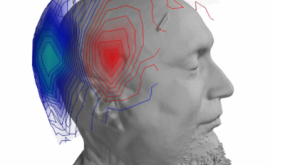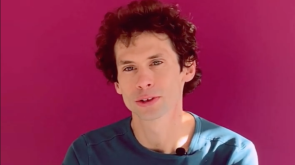
Funding from the Fondation pour l'Audition for the project "Emergence of Invariant Speech Representations
This project led by Yves Boubenec, researcher at the Loboratoire des Systèmes Perceptifs, proposes a unique approach to address the fundamental question of how robust representations of sounds in the auditory cortex emerge during early brain development, and evolve throughout life, from birth to adult.
 Starting in the womb, auditory perception is crucially affected by the nine months of pregnancy. The fetus hears and reacts to surrounding sounds, even learning maternal accent, which influences in turn newborn’s screams after birth. This continues ex utero, and the young brain learn statistics of the surrounding acoustic world. "We believe that the exposure to sounds in the early age shapes our ability to perceive and communicate. We postulate that early exposure is crucial for being able segregate relevant sounds from noisy irrelevant acoustic background, which is a crucial ability for proper social communication in all species, and above all a key ingredient for effective speech perception in humans."
Starting in the womb, auditory perception is crucially affected by the nine months of pregnancy. The fetus hears and reacts to surrounding sounds, even learning maternal accent, which influences in turn newborn’s screams after birth. This continues ex utero, and the young brain learn statistics of the surrounding acoustic world. "We believe that the exposure to sounds in the early age shapes our ability to perceive and communicate. We postulate that early exposure is crucial for being able segregate relevant sounds from noisy irrelevant acoustic background, which is a crucial ability for proper social communication in all species, and above all a key ingredient for effective speech perception in humans."
To understand how the sounds heard during childhood can influence our capability to perceive sounds, and in particular speech in noise, we propose to rear two cohorts of ferret kits for which speech sounds will be presented during early development. In one cohort, speech will be presented at random timings, and will then be an irrelevant background, whereas in the second cohort, presentation of speech will be paired with maternal contacts, which makes speech highly relevant. The researchers predict neural suppression of speech for the first cohort, and neural enhancement of speech cortical representation in the second cohort. This simple and strong double prediction will be tested by measuring cortical representations of speech sounds after development and exposure. For this functional UltraSound neuroimaging will be used, a cutting-edge high-resolution neuroimaging technique available in the laboratory.
In short, this project proposes here a unique approach to address the fundamental issue of how robust representations of sounds in auditory cortex emerge during early brain development, and change throughout life, from birth to adulthood.
The Fondation pour l'Audition
Recognized as a public-interest organization since 2015, the foundation’s ambition is to unite talents to promote hearing health and improve the lives of people with hearing loss. Its mission is three-fold: supporting research and innovation to offer new hope; mobilizing public opinion to protect hearing health through prevention and awareness initiatives; and improving the lives of people with hearing loss.
FOR MORE INFOS



